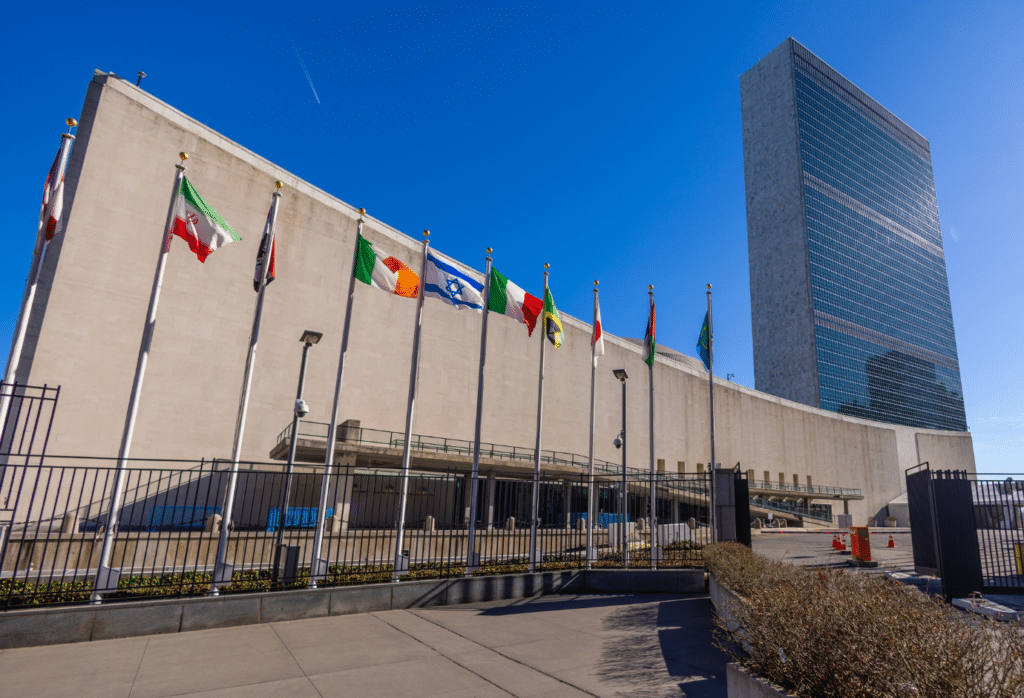Almost thirty years has passed since the passage of the Beijing Declaration and Platform for Action which sought to advance women’s rights globally — yet today, women remain starkly underrepresented in the highest levels of influence and decision-making.
Commemorating the International Day for Women in Diplomacy this week, the UN Women’s global data on Women Political Leaders 2024 has revealed that out of the 193 Member States the UN recognises, only 26 countries are led by a woman as of today. One hundred and thirteen countries have never had a woman serve as Head of State or Government.
Women remain largely excluded from positions of power and diplomacy. In fact, seven countries have no women represented in their Cabinets at all — they include Hungary, Saudi Arabia, Papua New Guinea and Yemen.
The data, which recorded the number of women in political executive positions as of 1 January this year, found that just under a quarter of ministerial positions are held by women. In 141 countries, women make up less than a third of cabinet ministers.
At the UN, women remain underrepresented as rermanent representatives, holding just a quarter of permanent representative posts in New York, 35 per cent in Geneva and 33.5 per cent in Vienna.
UN Women Executive Director Sima Bahous, said her organisation’s work “is guided by the belief that when women lead, the world is better for all people and the planet.”
“As many countries head to the polls this year, we all must put women first, at the pinnacle of power, where and when it matters the most,” she said. “Women’s equal participation in governance and leadership is key to improving lives for all.”
During a special panel of Permanent Representatives on Monday, Carolyn Rodrigues-Birkett, the Permanent Representative of Guyana, spoke about the “terrible incongruence” where women are the ones “suffering the brunt of conflicts” while “being the ones underrepresented in the peace processes.”
“We have to continue our fight for gender equality – because the evidence is clear,” she said. “If we have more women in peace processes, the prospects for those being successful increase. If we have more women in leadership positions then the process of conflicts arising, decrease.”
She added that women should not be seen as merely representatives of women’s groups and civil society but as “leaders in government and politics and this is why we must build the capacity of women.”

